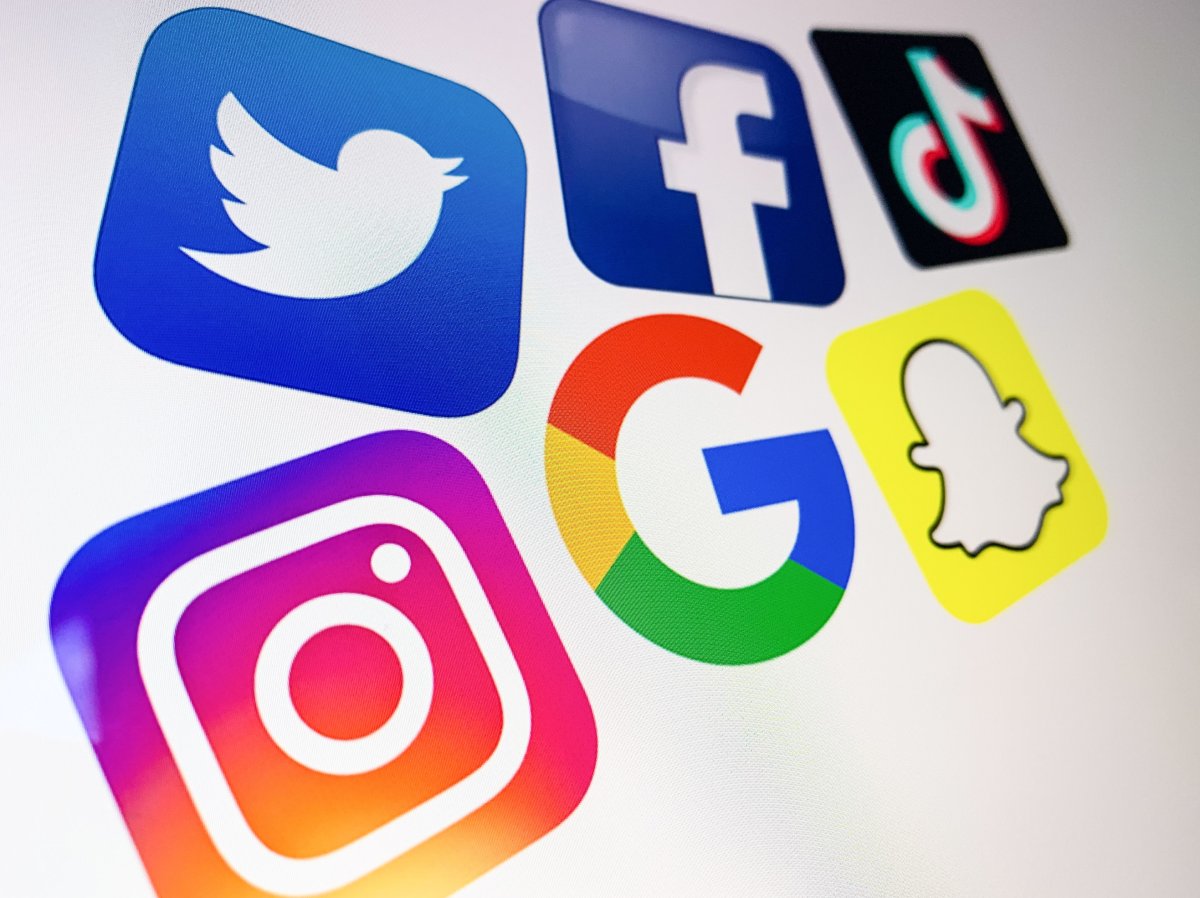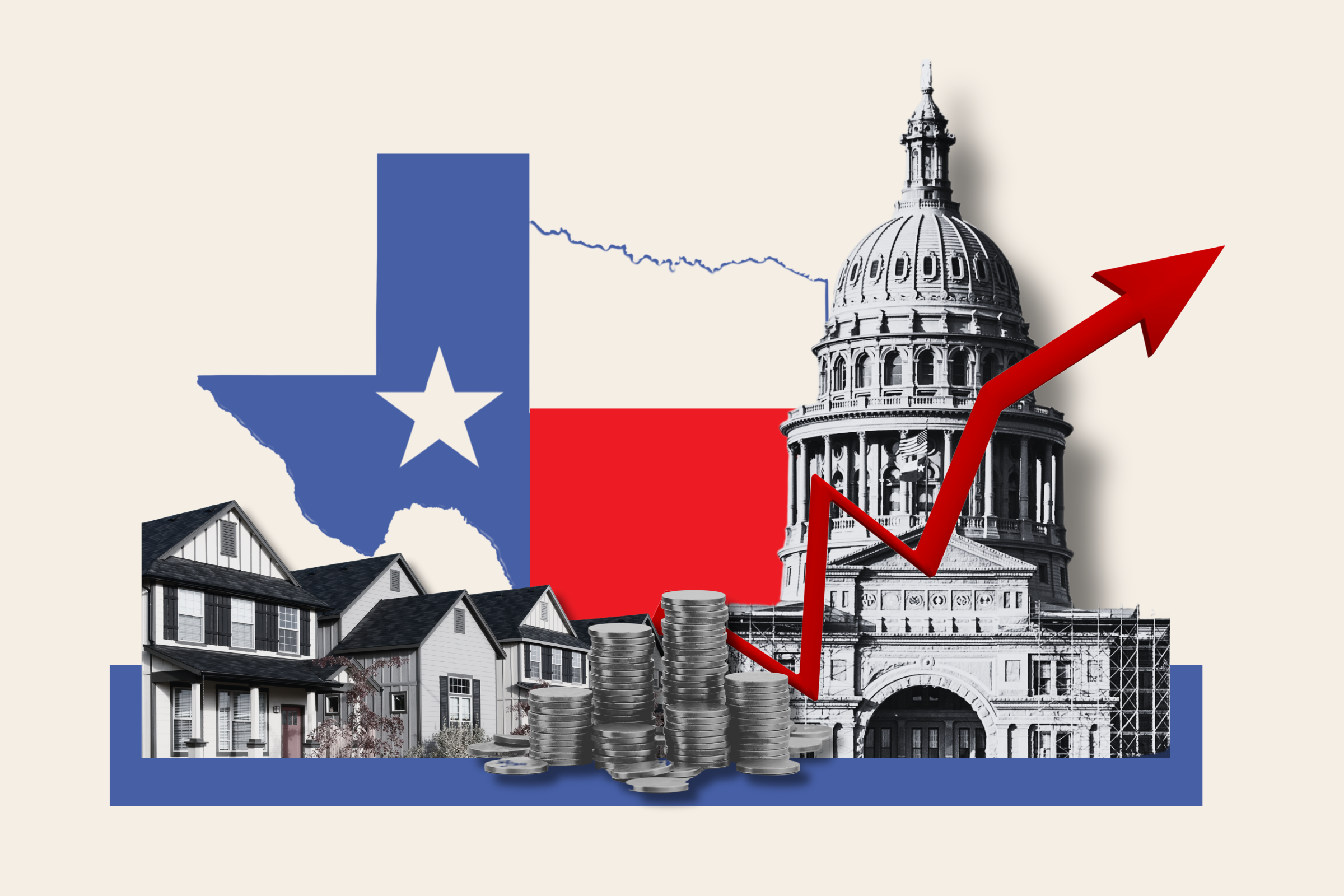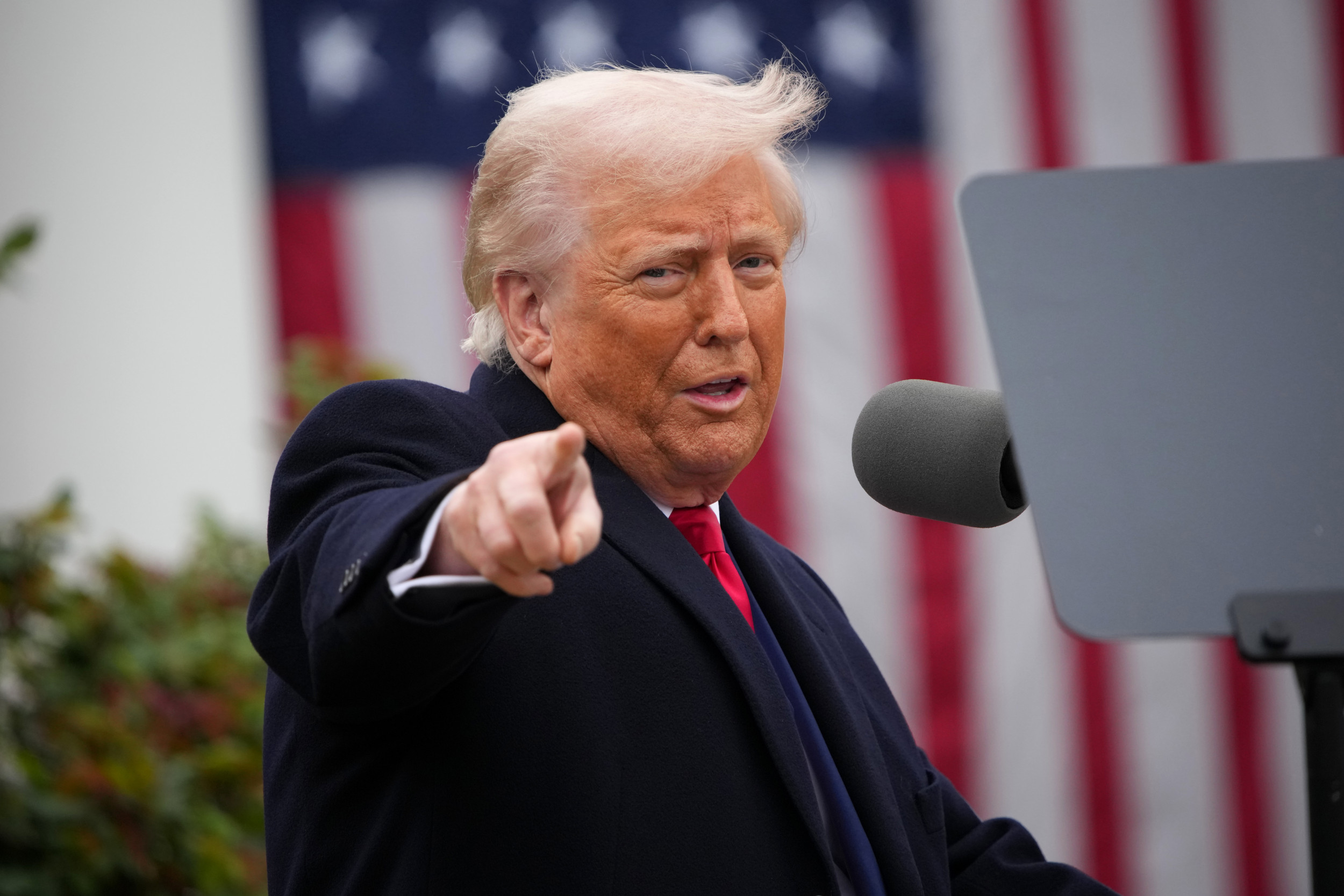COVID-19 shed a bright light on the value of America's internet infrastructure. As stay-at-home orders spread across the country, millions of families turned to the internet for educating their kids, working remotely, connecting with doctors or streaming their favorite shows. It is safe to say that we have never relied more heavily on our high-speed connections.
So it is no surprise that regulators and lawmakers in Washington are focused on extending our broadband networks to every American. Republicans and Democrats alike are pledging to inject billions of dollars in federal support to get the job done. The question is how to pay for this massive investment in our internet infrastructure.
Up to now, there have been two leading approaches. The first is the FCC's current model for funding internet builds. Many consumers are unaware that the federal government collects roughly $9 billion a year through a tax on their monthly bills for traditional telephone service—both wireless and wireline. The FCC then uses that pot of money, known as the Universal Service Fund, to support internet builds in rural areas and on other efforts to close the digital divide.
This model made sense when Congress established it back in 1996. But it is now hopelessly outdated. The dominant platform for communications has shifted from the telephone network to the internet. Indeed, the revenue base associated with the traditional telephone network has fallen sharply from a peak of around $80 billion in the 2000s to less than $30 billion today as more and more services—including those now offered by Big Tech—are delivered over the internet instead. Yet we continue to rely on that shrinking base of revenues from the telephone network to fund the broadband network. This is like taxing horseshoes to pay for highways.
This antiquated system is on the verge of collapse. The FCC has kept it on life support by increasing the tax on consumers' telephone bills at an accelerating clip. Indeed, that tax recently surged above 30 percent for the first time. This is not sustainable; relying on this model to fund additional infrastructure would strain the system well past its breaking point.
A second funding option that policymakers have been considering is direct appropriation. While this is an improvement over the FCC's failing model, it is not without its downsides. The annual budget process in Washington is far from predictable, so it could lead to an unreliable source of funding. There is also growing concern about adding to the national debt.
It is time to fundamentally rethink how we fund our high-speed networks. That is why I am proposing a third way. We should start requiring Big Tech to pay its fair share.

Big Tech has been enjoying a free ride on our internet infrastructure while skipping out on the billions of dollars in costs needed to maintain and build that network. Indeed, one study shows that the online streaming services provided by just five companies—Netflix, YouTube, Amazon Prime, Disney+ and Microsoft—account for a whopping 75 percent of all traffic on rural broadband networks. The same study shows that 77-94 percent of total network costs are related to adding capacity or otherwise supporting the delivery of those streaming services. Ordinary Americans, not Big Tech, have been footing the bill for those costs.
Yet Big Tech derives tremendous value from these high-speed networks. Indeed, Facebook, Apple, Amazon, Netflix and Google generated nearly $1 trillion in revenues in 2020 alone—an almost 20 percent increase over the prior year. It would take just 0.009 percent of those revenues to eliminate entirely the unsustainable 30 percent tax that currently hits consumers on their monthly bills.
Ending this corporate welfare is more than fair. It is consistent with the network compact that has prevailed since the earliest days of the Ma Bell telephone network. Historically, the businesses that derived the greatest benefit from a communications network paid the lion's share of the costs. For instance, the fees that businesses paid for local and long-distance calls provided the key funding stream to build the traditional telephone network.
The shift away from asking the businesses that benefit from the network to pay for it, and towards the current model, which places the burden almost entirely on consumers, is relatively new. And it is no accident. Tech companies have been running a decades-long campaign to avoid paying their fair share. It is time to end this sweetheart deal. Big Tech should stop passing its costs onto the American people.
There are several ways to implement this proposal. For one, Congress should enact legislation that ensures Big Tech contributes an equitable amount. Doing so would be timely given ongoing congressional discussions about paying for the broadband portion of a broader infrastructure package. Legislators could consider a range of potential revenue streams that have a sufficient nexus to the internet, including video streaming services like Netflix, YouTube and Amazon Prime; online advertising services like those offered by Google and Facebook; Apple's App Store and devices; content delivery networks and cloud services like AWS and online gaming services like Microsoft's Xbox.
Meanwhile, the FCC should open a proceeding to look at ending the tax on consumers' monthly telephone bills and shifting a fair amount over to Big Tech.
Ending Big Tech's free ride on the internet would represent a long-overdue return to the historic compact under which the businesses that benefit from a network pay their fair share for it. It would lower monthly bills for millions of Americans. And it would secure a funding model that can support the long-term investments needed to close the digital divide—a result that will allow businesses and consumers alike to prosper.
Brendan Carr is the senior Republican on the Federal Communications Commission.
The views expressed in this article are the writer's own.



